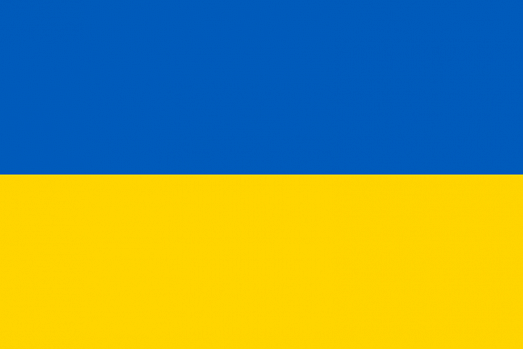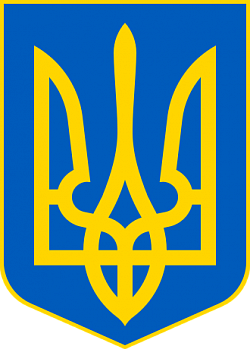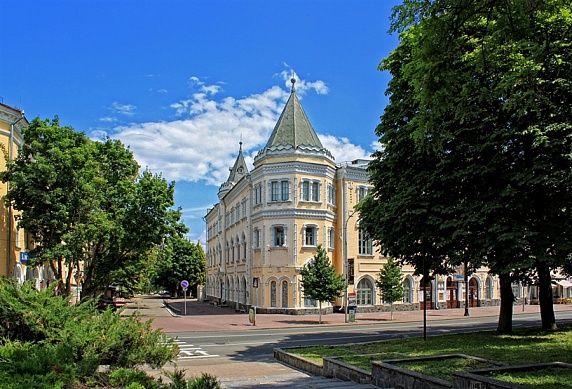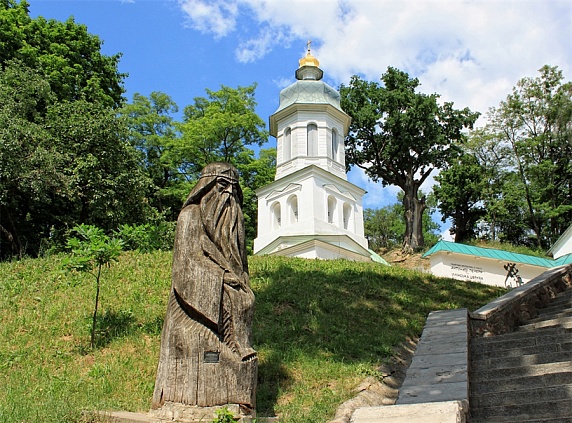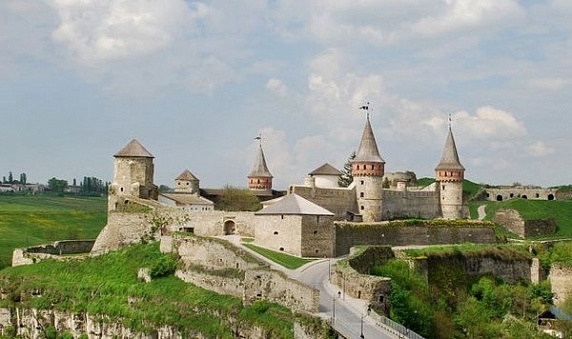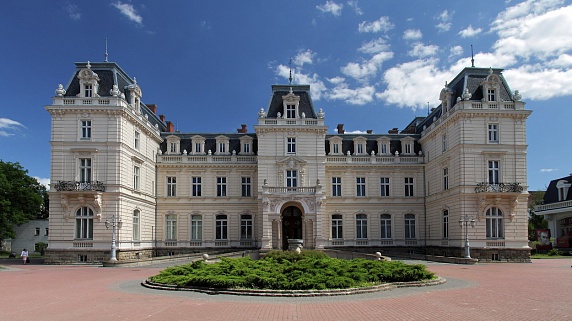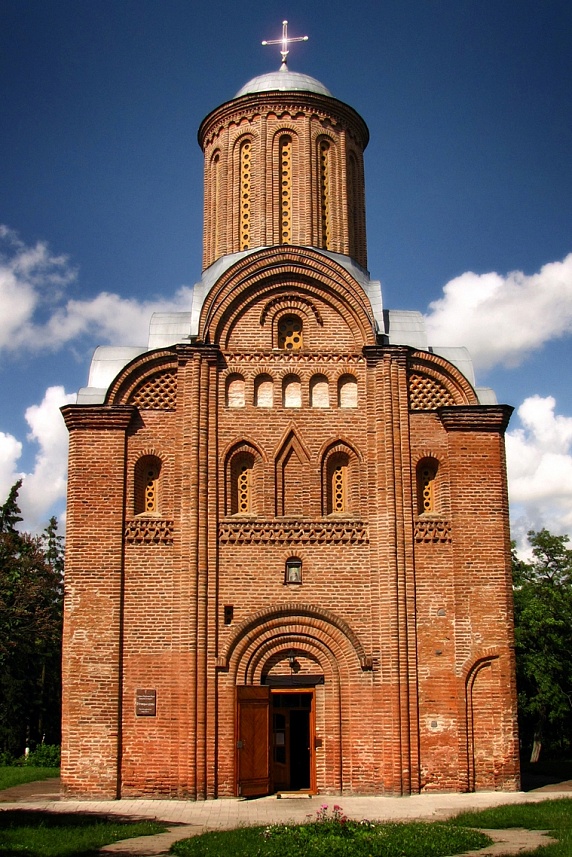 Ukraine
Ukraine
Speech by Russia’s Permanent Representative to the OSCE Andrei Kelin at the Meeting of the OSCE Permanent Council on the Situation in Ukraine and Ongoing Violations of International Humanitarian Legislation in the Course of the Punitive Operation in Eastern Ukraine, Vienna, 18 September 2014
Mr Chairman,
As has been already stated, the protocol signed in Minsk on 5 September regarding joint efforts to stabilise the Ukrainian crisis became an important step in the peaceful settlement. It is designed to be the foundation for a political dialogue inside Ukraine for the sake of reaching national accord. The priority and the modalities of the implementation of the measures stated in the protocol will be agreed by the parties additionally.
Russia is actively facilitating a peaceful resolution of the grave challenges that Ukraine is facing. Regular contacts are held with Ukrainian leadership at the topmost level.
There appeared a real chance to stop the fratricidal war unleashed by the Kiev authorities. In parallel with preserving the cease-fire, it is necessary to speed up a substantial, open, and inclusive intra-Ukrainian dialogue with representatives of all regions and all political forces, and within that dialogue to agree on the entire set of issues related to the constitutional structure, the future of the country that would ensure comfortable and safe living for all the ethnicities, minorities and regions, where human rights would be respected in full.
Despite occasional incidents, the cease-fire is being generally observed. A mechanism was set up for incident data exchange and their analysis. We draw your attention to a dangerous concentration of heavy weapons by Ukrainian army and police in some areas, in particular, in Debaltsevo.
We note that refugees are gradually beginning to return to the conflict zone, and its infrastructure is being restored. Nevertheless, the humanitarian situation remains catastrophic. Our findings are shared by many international organizations, including the United Nations Office for the Coordination of Humanitarian Affairs, the International Red Cross Committee and the Council of Europe. It has been confirmed that Kiev was actively using heavy artillery, aviation, multiple rocket launchers and even ballistic missiles and phosphorus bombs against large cities, towns and villages. As a result, about 3,000 people were killed and over 5,000 wounded, including many children; 240 schools were destroyed and about 270,000 children cannot attend school. There is a shortage of medicines; 32 hospitals are out of operation. According to the UN data, 2.2 mln people reside in the conflict zone. Many of them live in basements without electricity, and don't have enough water and food. In Lugansk, about 250,000 people have been without water for over a month.
There is an urgent problem of providing the residents with heated housing and essentials ahead of winter. Therefore, there is an urgent need for a great deal of help. We will continue rendering humanitarian aid to the affected regions. It is cynical to impede it, and to call for stopping this aid is even more cynical. The Russian side demonstrates a complete readiness for any interaction both with the Ukrainian side and with international humanitarian agencies. The Ukrainian border guards and customs officials who were stationed at the Donetsk border crossing point as the second humanitarian convoy passed through it, were asked to inspect it. They refused.
In the past five months about 850,000 Ukrainian nationals fled to Russia. About 350,000 applied for a refugee status, temporary accommodation, or participation in the programme for voluntary re-settlement of compatriots. Over 57,000 people reside in temporary shelters on the Russian territory.
Large-scale violations of international humanitarian law during the punitive operation, which we have been drawing attention to, require a response. International observer missions and international human rights organisations cannot disregard them. It is becoming increasingly evident that the actively asserted statements about the worsening of the human rights situation allegedly caused by the self-defence fighters, are entirely false. The Amnesty International registered the atrocities committed by the Aidar punitive battalion, including kidnappings, illegal arrests, beatings, extortions, demands of a ransom for captured Ukrainians, primitive robberies of peaceful civilians – and that is just the tip of the iceberg. Investigating crimes that led to numerous victims in Maidan, Odessa, and Mariupol, as well as the circumstances of the Malaysian Boeing crash, are still on the agenda.
The actions of various radical groups who commit numerous crimes under the pretext of "fighting separatism," remain unpunished across the country. Forced re-settlers from the conflict zone also suffer from them.
Consistent and decisive actions by the Ukrainian authorities to counter radical and nationalistic groups, even openly Nazi groups at times, are a necessary step on the way to establishing civil peace and accord in Ukraine. We will be monitoring closely how Ukrainian leadership's declarations on investigating crime committed by volunteer battalions are being implemented in practice.
In order to prevent further escalation of the crisis in Ukraine, it is crucial that all external actors without exception display reserve. Regretfully, this cannot be said of the actions of some of our western partners, who have simply distanced themselves and are trying to shift all the responsibility for the developments on Russia instead of helping and assisting in stabilising the situation. Russia does not owe anything to anybody, especially to the United States, and the mantras of the American colleagues "Russia must …" are unacceptable.
Any militaristic declarations and activities are now counter-productive. Re-deployment of the army and police, their concentration, preparation of the next "final" stage of the "counter-terrorist operation", as well as calls for ethnic cleansing of the territory during the cease-fire – these are all very dangerous steps that can break the fragile truce.
On the contrary, work should be done without impediments on amendments to the Constitution of the country, reforming legislation and courts. The law passed by Verkhovna Rada On Special Status of Local Governments in Some Regions of the Donetsk and Lugansk Regions is a move in the right direction corresponding to the spirit of the agreements stated in the Geneva Declaration by Russia, Ukraine, the United States and the EU of 17 April 2014, as well as the Berlin Declarations of 2 July. It is designed to create the necessary preconditions for restoring normal life in the regions and to ensure the application of constitutional rights and freedoms of the citizens. We commend those clauses of the law that would guarantee the right of language self-determination of each resident in those regions, and the development of trans-border cooperation aimed at enhancing friendly relations with the Russian regions.
All that lays a foundation for launching a substantive constitutional process in Ukraine, including launching a dialogue for assisting in national reconciliation and peace in that country.
We expect that all the provisions of the law will be implemented with diligence. Attempts by some groups to abolish it or to change its substance will push the situation back to confrontation.
Thank you.
